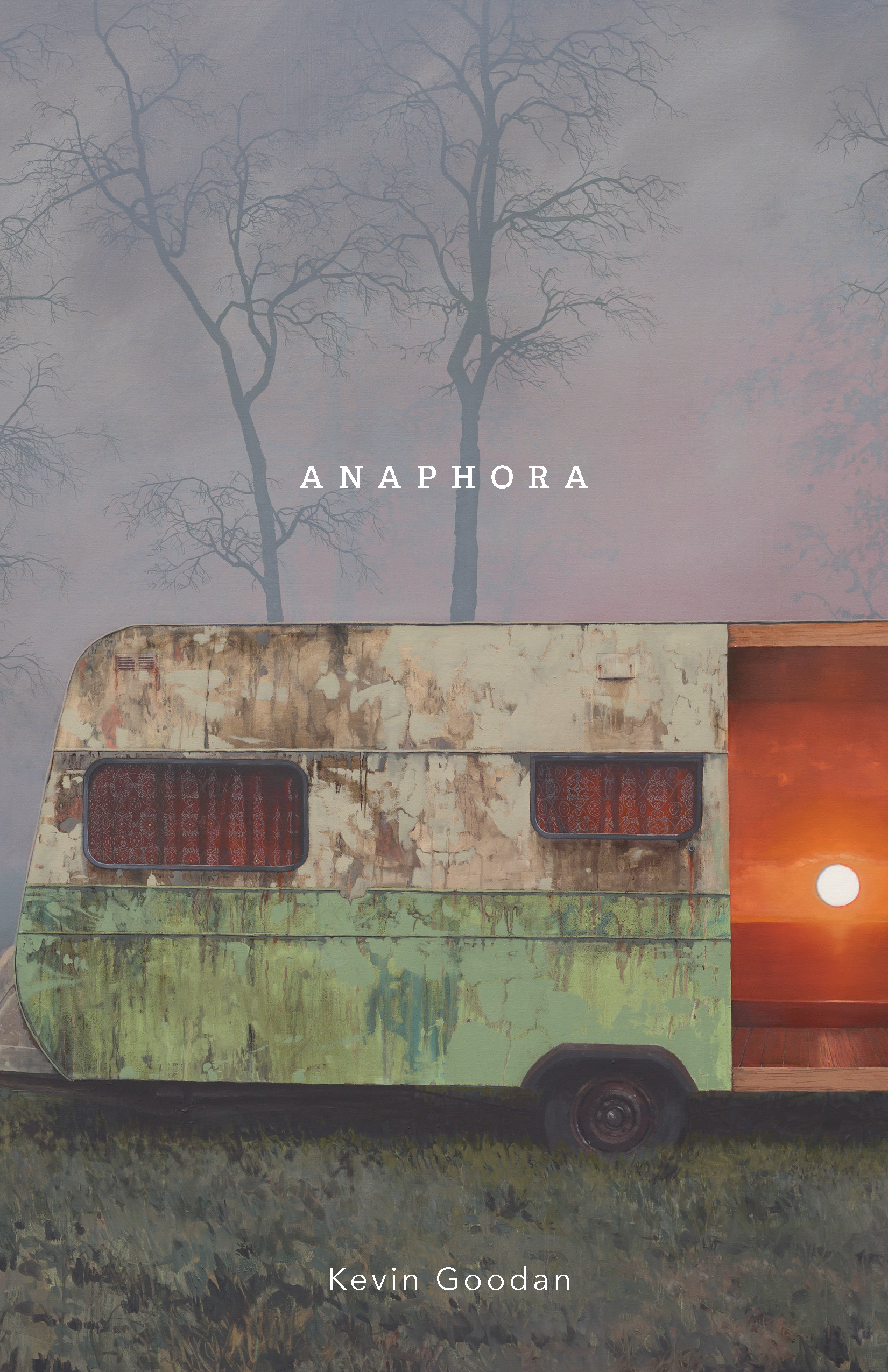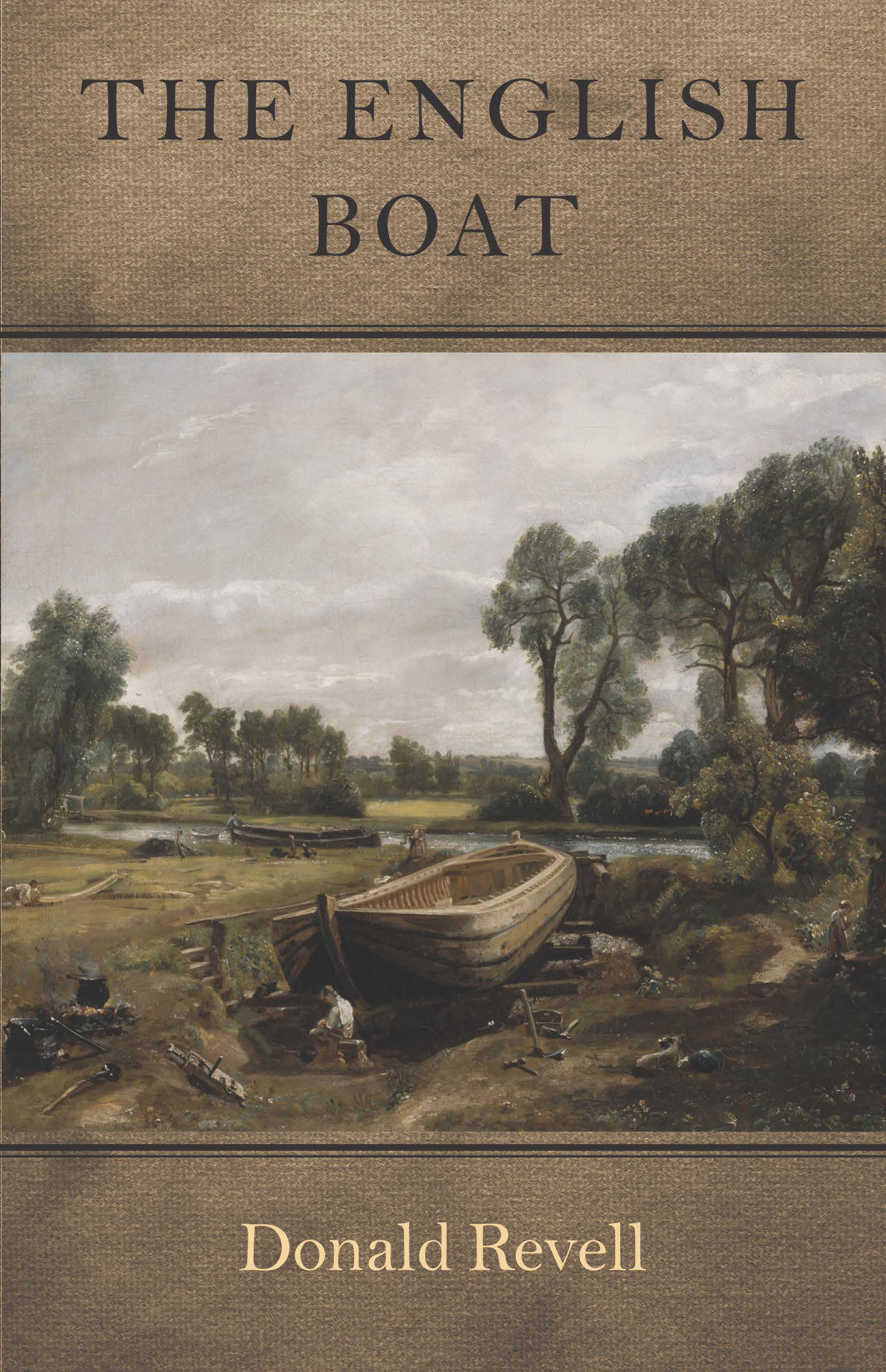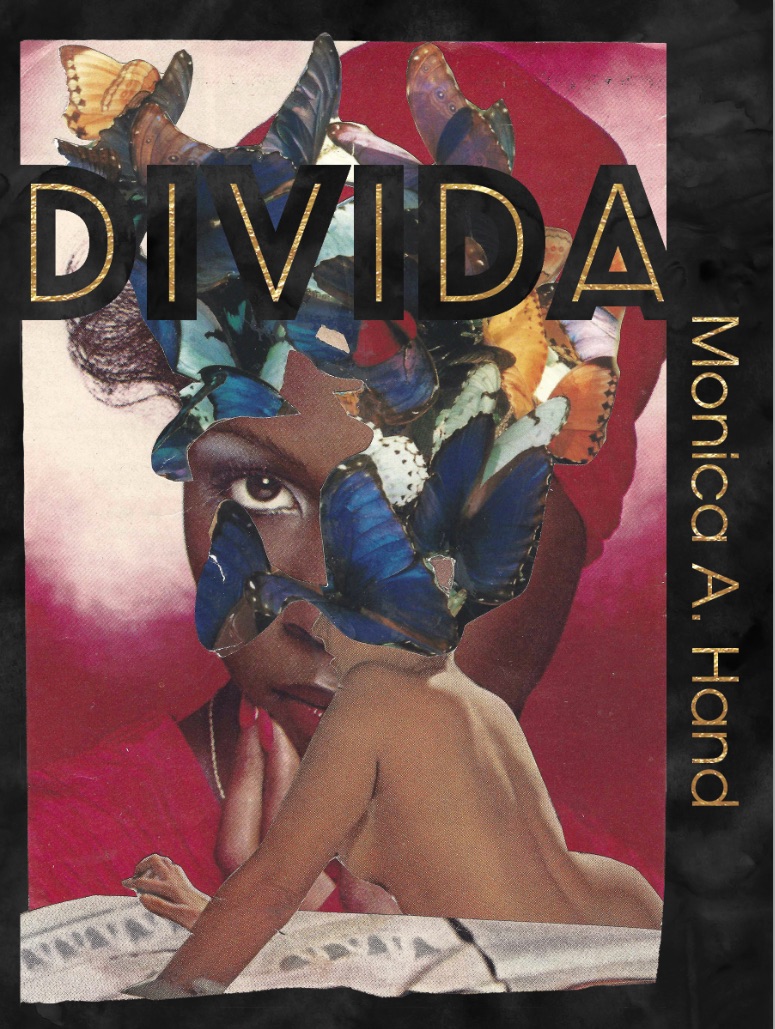We're On: A June Jordan Reader
We're On: A June Jordan Reader
June Jordan
Edited by Christoph Keller & Jan Heller Levi
A 2017 Poets.org Noted Book of the Year
A 2017 Publishers Weekly Best Book of the Year
An Oprah.com Editor’s Pick for New Collections by and About Bold, Free-Spirited Poets, Nov. 2017
12th Annual National Indie Excellence Award Winner
“Jordan begs us to trust one another and to tell the truth, to read the world more closely, to learn the wisdom of those who came before, who resisted before, and loved before. She laid a foundation, leaving a revolutionary blueprint for poetry to transform our lives beyond the white gaze and its literary imagination. . . .This book is not just a collection of figurative words; it is a tool for liberation.”
—Publishers Weekly, starred review by Aja Monet
September 2017
ISBN: 9781938584350
Available in both print and digital formats.
June Jordan (1936–2002) was a poet, activist, journalist, essayist, and teacher. Prolific and passionate, she was an influential voice who lived and wrote on the frontlines of American poetry, international political vision, and human moral witness. The author of many award-winning books, she traveled widely to read her poems and to proclaim a vision of liberation for all people. Dynamic, rebellious, and courageous, June Jordan was, and still is, a lyrical catalyst for change. Born in Harlem in 1936, Jordan was the child of West Indian immigrant parents, who raised her in the Bedford-Stuyvesant section of Brooklyn, where she began writing poetry at the age of seven. In her teens, she attended the Northfield School for Girls in Massachusetts, and in 1953 enrolled at Barnard College, where she would earn her B.A. She was married in 1955 and divorced after having one child. Jordan was active in the civil rights, feminist, anti-war and gay and lesbian rights movements, even as she became known as a writer. In 1967, after running poetry workshops for children in Harlem, Jordan began her teaching career at the City College of New York. She taught at Yale University and Sarah Lawrence College, and became a professor of English at the State University of New York at Stony Brook, where she directed The Poetry Center. In 1988, she was appointed professor of African-American Studies at the University of California, Berkeley, where she founded the influential poetry program Poetry For the People. June Jordan was the author of more than twenty-five major works of poetry, fiction and essays, as well as numerous children's books. Jordan wrote the librettos for the operas Bang Bang Uber Alles with music by Adrienne Torf, and I Was Looking at the Ceiling and Then I Saw the Sky, with music by John Adams; she wrote lyrics frequently for other musicians, as well as plays and musicals. Her journalism was published widely in magazines and newspapers around the world, and she was a regular columnist for The Progressive. An electrifying speaker, Jordan collected many of her most influential speeches and addresses in her books of essays. Jordan earned numerous honors and awards, including a 1969–1970 Rockefeller grant for creative writing, a Yaddo residency (1979), a National Endowment for the Arts fellowship (1982), and the Achievement Award for International Reporting from the National Association of Black Journalists (1984). Jordan also won the Lila Wallace Reader's Digest Writers Award (1995–1998), the Ground Breakers-Dream Makers Award from The Woman's Foundation (1994), the Chancellor's Distinguished Lectureship from the University of California at Berkeley, the PEN Center USA West Freedom to Write Award (1991), and a congressional citation for her outstanding contributions to literature, the progressive movement, and the civil rights movement.
Christoph Keller is the author of numerous prize-winning novels, plays, and essays in German, including Gulp (1988); I’d Like My Country Flat (Ich hätte das Land gern flach, 1996); and the Swiss best-selling memoir The Best Dancer (Der Beste Tänzer, 2003). Keller and his wife, the American poet Jan Heller Levi, are currently co-writing Whatever Can Come To A Woman, the first full-length biography of the American poet Muriel Rukeyser, to be published by Alfred A. Knopf.
Jan Heller Levi is the author of three books of poetry, Once I Gazed at You in Wonder, Skyspeak, and Orphan. She is the editor of A Muriel Rukeyser Reader and consulting editor on the 2005 reissue of The Collected Poems of Muriel Rukeyser. She is also coeditor, with Sara Miles, of Directed by Desire: The Collected Poems of June Jordan and the co-editor, with Christoph Keller, of We're On: a June Jordan Reader. Levi lives in New York City with her husband, the Swiss-born novelist and playwright, Christoph Keller, with whom she is completing a biography of Rukeyser. She teaches at Hunter College.
“This space is left empty to create a white space. To create a white separation block in these individual book pages, add a Quote Block”
Additional Praise:
“This first posthumous volume to hold both [Jordan’s] verse and her prose puts her back near the center of conversations where—with Audré Lorde and Adrienne Rich—she clearly belongs.”
—Stephanie Burt, American Poets
“[We’re On] gives birth to one who is incapable of differentiating experiences as a black person, a woman person, a mother person, or a bisexual person. We become Jordan’s intersectionality.”
—Mom Egg Review
“Read this reader, maybe beginning with Jordan’s ‘Poem about My Rights’ or ‘Poem About Police Violence.’ If nothing else June Jordan will teach you how to love, no matter who you are. This book is the rainbow sign after all the flooding across America.”
—E. Ethelbert Miller for the New York Journal of Books
“The wonder of poetry is that after the body burns off, the breath and bones, the residue of mischief, the fierceness and loyalty to truth remains. Don’t you hear her beside us now, as we gaze into the dark? Doesn’t holding these pages light your mind with impossible bravery?”
—Cornelius Eady
“We’re On: A June Jordan Reader maps a voice of resistance to navigate history in the making through the heart and soul of a natural seer. This poet-writer returns in full force at a troubling time, as if on cue, and she never backs down. Yes, indeed, we need a voice of inquiry with us at today’s juncture, holding this hefty compendium that critiques the hard realities of freedom in a society that equates ideals of democracy with capitalism. The urgency of poetry is threaded through everything June Jordan laments and praises.”
—Yusef Komunyakaa
“More than ever, as Brecht’s ‘dark times’ close in on our public life and our aspirations for social justice, we need June Jordan’s astute and lyrical observations, her outraged humanism, her clear-eyed love.”
—Marilyn Hacker
“I can think of no writer more committed to making space for our voices in the world, and I can say without doubt my life in poetry—all it has been, all I dream it to be—would be impossible without June Jordan making that space. And I know I am one of many. We’re like a big choir, singing because June Jordan showed us how.”
—Ross Gay
“Here she is in her many facets: a great American woman of letters, a Renaissance woman/ writer/ poet/ prophet/ intellectual/ satirist/ linguist/ storyteller/ teacher / absolutely free spirit, here to say ‘I am black alive and looking back at you,’ here ‘to start the song//to stop the scream,’ pursuing the dream ‘into pride and poems,’ as much in love with the force and sass and slide of language as with truth and justice—June Jordan will be staying alive far into everyone’s future.”
—Alicia Ostriker, author of Waiting for the Light
“June Jordan was not the blacksmith’s daughter. June Jordan was the blacksmith. Her honed and hammered out words were a hot anvil lowered to our heart tissue. She never waited around, not for anyone’s permission, to write or act or be. She never waited around, period. Now, finally, after all these years, her great soldier’s report, written from her many high trenches, falls at our feet in one sacred text. On every June Jordan page, her poet marching orders lift us up like any profound concerto and manifesto must, pulsing tenderness and tide after salty tide of truth. For this book to have its birth now, in the lopsided moment when we need it most, is no chance occurrence. This great woman blacksmith is still sweetly hammering us on.”
—Nikky Finney
“When I’m asked if I think poetry can really do something, really matter, I think of June Jordan. When I’m asked if poetry can truly change things, change a person, I think of June Jordan. And now, when someone is on the brink of giving up on poetry because they think language has no power anymore, no guts anymore, I will give them this brilliant new June Jordan Reader and they will, no doubt, find their faith and courage again.”
—Ada Límon
“June Jordan’s transformative work challenges us, still, to examine the complexities of individual oppression—politicizing our human experiences in a way that mothers revolutionaries into existence. Jordan’s ferocious critique of power and politeness manifested into a refusal to sanitize the world’s atrocities; a timeless phenomenon we must continue today in the fight for visibility and survival.”
—Rachel McKibbens
“June Jordan is our consummate word warrior. Her versatility and veracity has enthralled generations with the genius and generosity of her literary lion’s he(art) With Jordan the personal is the political and the political has never been more beautiful and prescient as these precarious times. Jordan’s poetry and prose claimed Black lives mattered before it became destiny and determination for a generation. Whether she’s writing about Phillis Wheatley, Palestine, Kimako or DeLiza—or waxing poetic about her rights, June Jordan’s soulscript is as necessary and nourishing as bread, water, and breathing. Her own where is where it has always been—among the people.”
—Tony Medina
“We’re On: A June Jordan Reader brings us up close to this indispensable writer who, with the fearlessness of her words and physical presence was indefatigable in defying the diction and actions of the powerful. This anthology of Jordan’s collected writings could not have arrived at a better moment. It is timely reminder of how fiercely she believed that we are always the people we are waiting for.”
—Wesley Brown
“Political, personal, funny and tragic—June Jordan’s voice is individual, indomitable. This book is a gift that can power a revolution– open, read, change the world. If you are looking for a gateway poet, a way to turn people onto the art, June Jordan is your go to. Simply the fiercest poet around.”
—Bob Holman
“This collection might be instead a meeting at a motel in a dowdy part of town where a cocktail party is being held in the June Jordan Cerebral Ultimatum Suite. Emma Goldman and Sojourner Truth show up together, arm in arm. Joe Hill, replete with firing squad wounds is right behind them carrying a jug of moonshine. Emily Dickinson, Phillis Wheatley, and Homer himself come together singing rounds of verse. It is meant to be and is a celebration of the victory of the heart and mind over dollars and blindness. Read this book; read it five times and a seed will be planted that will grow into elegant revolution.”
—Walter Mosley
“June Jordan’s intelligent passion and fierce spirit of resistance, more needful now than ever, speak through this gorgeous collection. Christoph Keller and Jan Heller Levi have chosen work that reveals Jordan’s range and depth, and their incisive comments provide valuable context. There is fresh news here, not only for Jordan’s newest readers but also for those of us privileged to have heard the wild honey of her musical, prophetic voice.”
—Joan Larkin
“Times in which we can access our own outrage but cannot find our way into speech or poems, I think I miss June Jordan most of all. How exquisite her ability to—urge and need to—write out of a crisis at hand. How much it helped us. How I miss her voice, her vision, her revolutionary love. How fortunate we are to have these beloved poems and essays.”
—Donna Masini
Previous Praise for June Jordan:
“In political journalism that cuts like razors, in essays that blast the darkness of confusion with relentless light; in poetry that looks as closely into lilac buds as into death’s mouth…. she has comforted, explained, described, wrestled with, taught and made us laugh out loud before we wept… I am talking about a span of forty years of tireless activism coupled with and fueled by flawless art.”
—Toni Morrison
“June Jordan’s work, at this point and for many years now, is perfect. … She manages to tap that place where race and sexuality, class and justice, gender and memory come together. She doesn’t go with the cutting-edge idea but reaches for that difficult terrain where others may fear to tread.”
—Margaret Randall, American Book Review (1993)
“Jordan’s resistance to the limiting expectations of others marks [Directed by Desire: The Collected Poems of June Jordan.] So does her curiosity about how to define herself in a divided world. She pressed for answers with a dizzying array of political and personal passions—as a woman toward other women, often other black women, other poets, men, women and children facing political, sexual and psychological adversity in the face of power.”
—San Francisco Chronicle
“Jordan was a populist who engaged in a wondrous and troubling struggle with the world and herself. At times, she was a mother without a husband, or a poet without a publisher, but she could never be accused of being a woman without a vision. Her reflections on Dr. King’s legacy mirror her own: ‘How could anyone quarrel with the monumental evidence of his colossal courage?’ Jordan’s days were spent in constant revelation. Read her words, risk your own unveiling.”
—The Village Voice
“She is among the bravest of us, the most outraged. She feels for us all. She is the universal poet.”
—Alice Walker
“June Jordan’s poems and essays are survival methods, love notes, smoke signals, and courageous testimony.”
—Aja Monet, from essay “June Jordan: I Am Trying to Find My Way Home” (2016)
“[Jordan’s] lifelong devotion to justice, equality and radical democracy seemed to revolve around the pleasure she felt in hurling beautiful words at a world full of racism, poverty, homophobia and inane politicians determined to present this awful state of affairs. There was always joy in her rage.”
—Angela Davis
“This space is left empty to create a white space. To create a white separation block in these individual book pages, add a Quote Block”
Featured:














